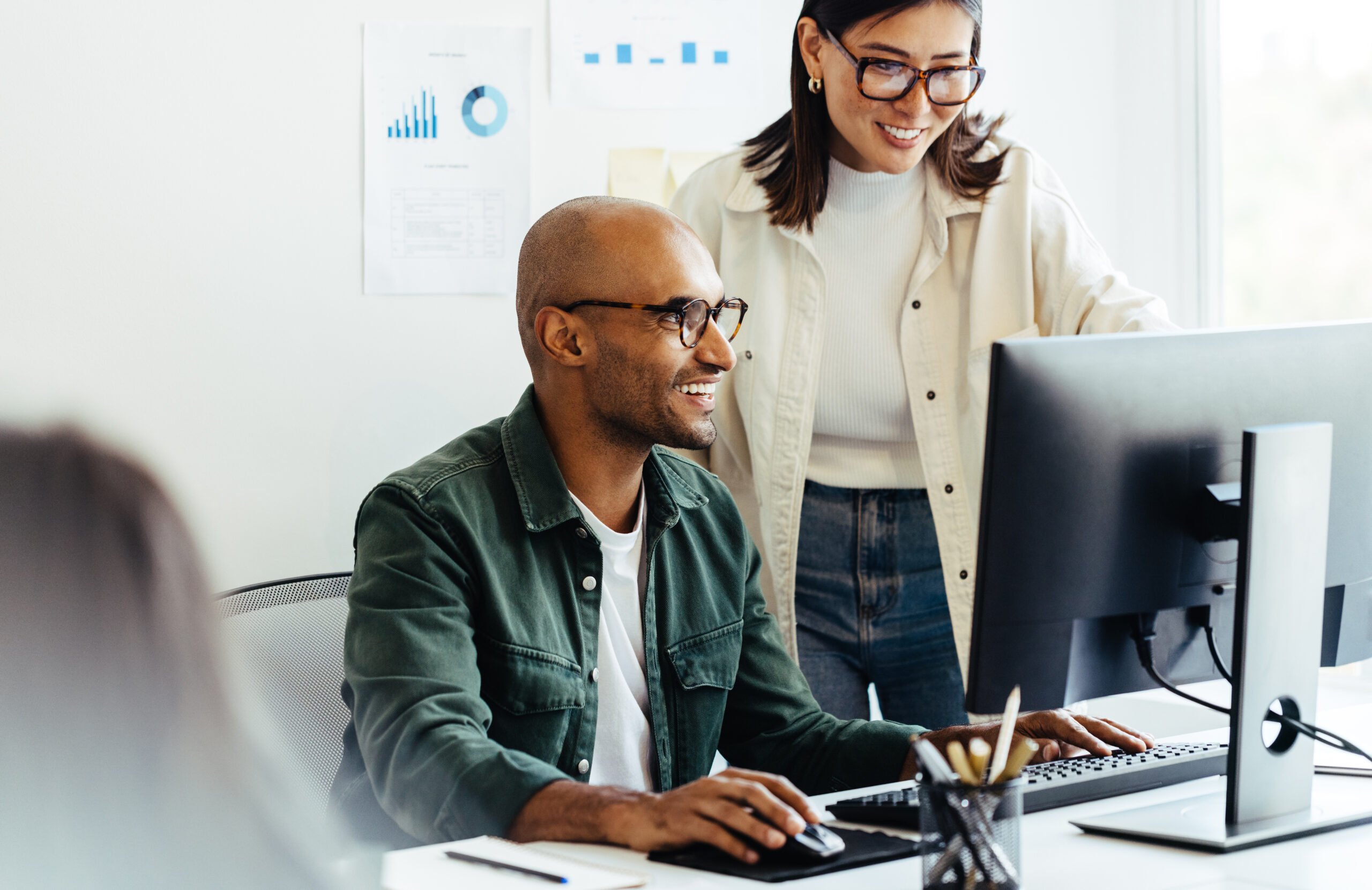If you are a small business owner, you will likely need to comply with the new Beneficial Ownership Information (BOI) filing requirements. You may be wondering: Why were these filing requirements implemented, and what do I need to do?
Why BOI Reporting?
The U.S. Corporate Transparency Act (CTA) was enacted to combat illicit activities by increasing transparency in company ownership structures. The law requires businesses to disclose their beneficial owners to the Financial Crimes Enforcement Network (FinCEN) to help prevent financial crimes such as money laundering, fraud, and terrorism financing.
The new BOI reporting system became operational on January 1, 2024, and now, following a recent court ruling, the deadline for many businesses has been updated.
The Court Decision and the New BOI Deadline
After months of uncertainty, the U.S. District Court for the Eastern District of Texas lifted its injunction in Smith et al. v. U.S. Department of the Treasury et al., reinstating BOI reporting requirements.
As a result, FinCEN has set a new filing deadline:
- March 21, 2025 – New deadline for all initial, updated, or corrected BOI reports.
- Later Deadlines: If your company had a previously extended deadline beyond March 21, 2025 (e.g., due to disaster relief), your original deadline still applies.
- Exemptions: Certain businesses, including the 65,000 members of the National Small Business Association are not required to report due to the ongoing case National Small Business United v. Yellen.
What is Beneficial Ownership Information?
BOI consists of details about individuals who directly or indirectly own or control a company. Identifying these individuals helps businesses assess risks and improve transparency.
What Does “Substantial Control” Mean?
Under the CTA, individuals who exercise substantial control over a business include:
- Senior officers (e.g., CEO, CFO, president).
- Individuals with the authority to appoint or remove key officers or a majority of directors.
- Those who make significant decisions affecting the business.
- Others who influence major company decisions.
Who Needs to File?
Two main types of companies must comply with BOI reporting:
- Domestic Reporting Companies: Corporations, LLCs, and other entities formed by filing with a U.S. secretary of state or similar agency.
- Foreign Reporting Companies: Businesses formed under foreign laws but registered in the U.S. for business operations.
Certain exemptions apply, such as publicly traded companies, certain nonprofits, and larger operating businesses.
How to File
Businesses must file their BOI electronically through FinCEN’s E-Filing System. There is no fee for filing. Required information includes:
- Full legal names of beneficial owners.
- Date of birth.
- Current residential address.
- Government-issued identification (e.g., passport or driver’s license).
Any authorized individual (such as an employee or third-party service provider) may file on behalf of a company.
Consequences of Non-Compliance
Failing to file or misreporting BOI can result in severe penalties:
- Fines of up to $500 per day for continued non-compliance.
- Criminal penalties of up to $10,000 in fines and two years in prison for willful violations.
- Businesses can correct mistakes within 90 days, but failure to meet reporting obligations may still result in enforcement actions.
Could More Changes Be Coming?
While the March 21, 2025 deadline is official, further legislative changes may be on the horizon. The U.S. House of Representatives recently passed H.R. 736, the Protect Small Business from Excessive Paperwork Act, with unanimous bipartisan support (408-0). If enacted, the bill would extend the BOI reporting deadline to January 1, 2026.
The bill is currently under review by the Senate Committee on Banking, Housing, and Urban Affairs, but its future remains uncertain.
Final Thoughts
BOI reporting is back on, and small business owners should take action to ensure compliance. Stay informed, check your filing requirements, and prepare to meet the March 21, 2025 deadline unless further delays are enacted.
If you have questions or need guidance, don’t hesitate to seek professional assistance. We’re here to help.




